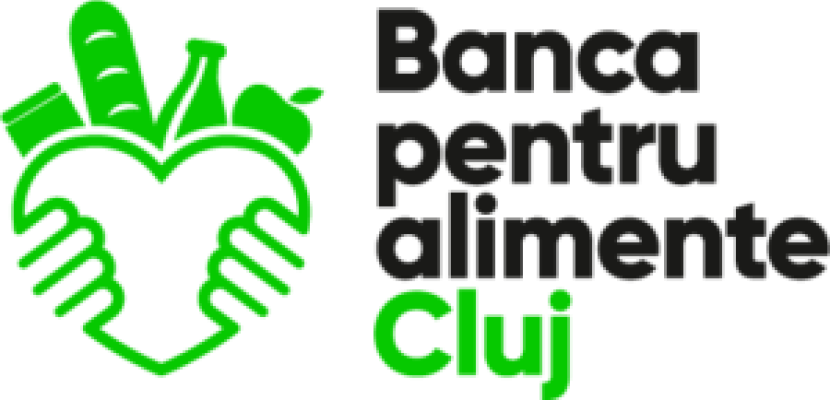
Food Bank Cluj

About this good practice
The Cluj Food Bank is a NGO dedicated to collecting and distributing donated products from producers, importers, distributors, and retailers to partner NGOs across the counties of Cluj, Alba, Sibiu, and Bistrița-Năsăud. Its mission is to ensure that surplus food and non-food items—products that required significant material resources and labor to create—do not go to waste but are instead utilized to support those in need who lack purchasing power.
This initiative aims to address the dual challenges of food waste and poverty by transforming excess resources into valuable support for vulnerable communities. By redistributing surplus products, the Cluj Food Bank ensures they reach NGOs serving individuals and families facing economic hardship, food insecurity, or other vulnerabilities.
The Cluj Food Bank is also part of a broader national network that includes nine Regional Food Banks in cities like Bucharest, Roman, Oradea, Brașov, Timișoara, Constanța, Craiova, and Galați, as well as the Federation of Food Banks in Romania (FBAR). This solidarity network plays a crucial role in bridging the gap between surplus food and the most disadvantaged members of society, fostering collaboration, and providing essential resources to charitable organizations.
Through its efforts, the Cluj Food Bank not only combats hunger but also promotes sustainable practices and strengthens community resilience.
Expert opinion
Resources needed
The Cluj Food Bank relied on funding from private donors, corporate sponsors, and grants for setup, covering storage, transport, and digital tools. Operations depend on donations and partnerships. It runs with a core team of 5 staff members and support from a volunteer network.
Evidence of success
The Cluj Food Bank has successfully redistributed hundreds of tons of surplus food and non-food items to partner NGOs, supporting thousands of vulnerable individuals across Cluj, Alba, Sibiu, and Bistrița-Năsăud counties. It has significantly reduced food waste while addressing hunger, fostering sustainability, and strengthening community resilience. Since 2018, Cluj Food Bank saved 3,313 tons of food (worth €4M), assisting 21,000 people annually across four counties.
Potential for learning or transfer
The Cluj Food Bank is a scalable model for tackling food waste and insecurity, demonstrating efficient surplus redistribution. Key success factors include partnerships with food producers, retailers, and NGOs, digitalized systems for transparency and logistics, and volunteer-driven community support.
Its transferability hinges on adapting the approach to local legal frameworks for food donation, available infrastructure, and public awareness levels. Challenges may involve securing consistent funding, managing logistics in rural areas, and fostering trust among stakeholders.
This model has successfully expanded within Romania, with nine regional food banks forming a national network. This demonstrates scalability and adaptability across various socio-economic contexts. Other regions could adopt this collaborative and structured approach to address similar issues, particularly those focused on sustainable solutions to food waste and poverty alleviation.
Further information
Food Bank Romania Short Manifesto — When we waste food, we waste hope!
Website
Good practice owner
You can contact the good practice owner below for more detailed information.
INSTITUTE FOR RESEARCH IN CIRCULAR ECONOMY AND ENVIRONMENT „ERNEST LUPAN”

